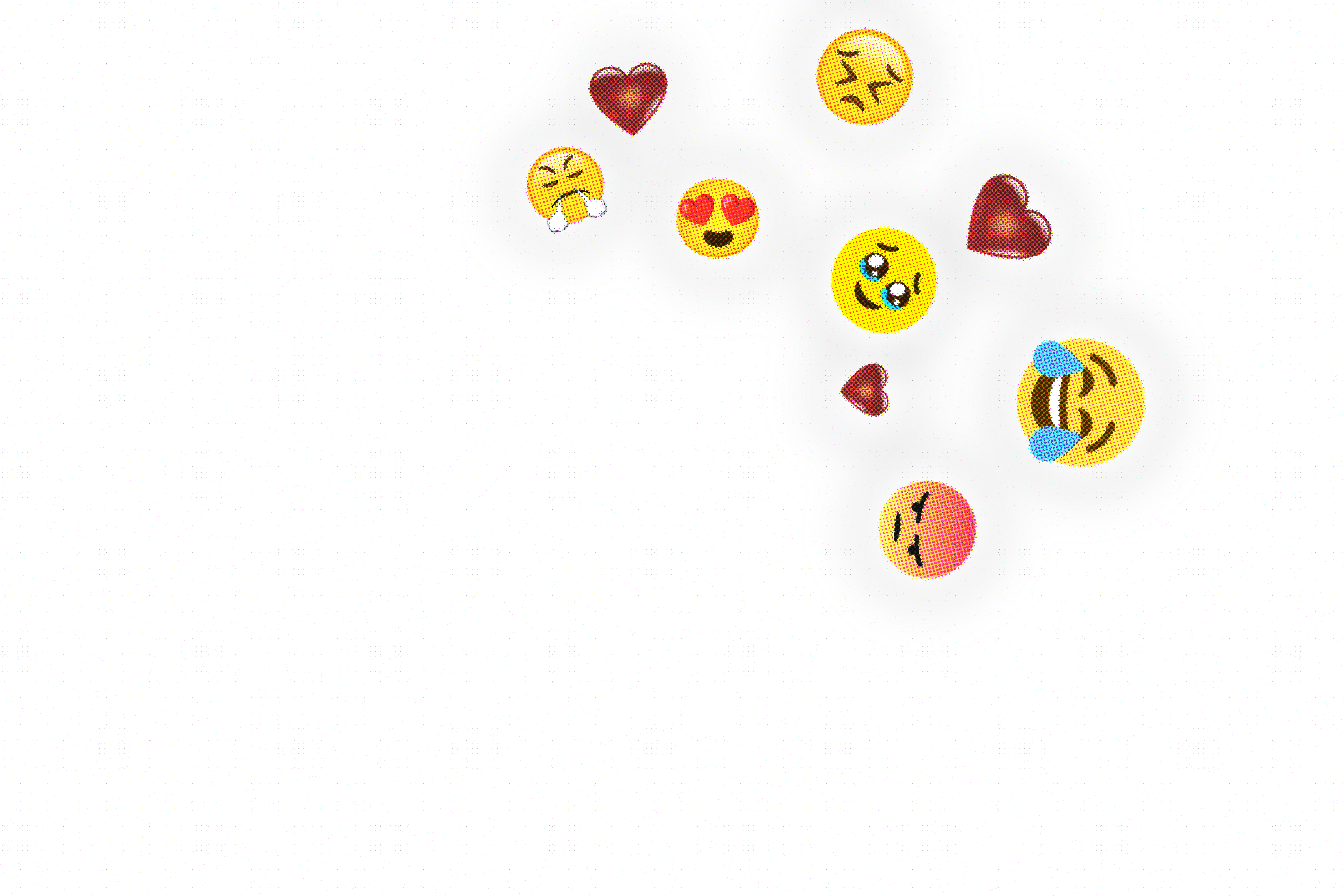






. HUMAN INTERACTION
AI's fast development has led to models capable of generating original works that may compete with or even surpass human creativity.
According to a 2018 Pew Research Centre research, 69% of teenagers communicate with their peers online almost every day, highlighting the increasing significance of digital contacts in interpersonal relationships.
AI-powered chatbots are becoming more and more common in customer care. In line with a trend towards automated communication, Gartner projected that by 2021, 15% of all customer support contacts worldwide would be managed solely by AI.
Even with these developments, a lot of people still favour face-to-face communication. According to a PWC survey, 75% of consumers strongly favour human interaction and want to communicate with real people more as technology develops.

Additionally, there is a noticeable impact of AI on language and social interactions. Algorithmic response recommendations have been shown to improve the effectiveness of communication and the use of constructive language. However, people who are suspected of employing AI-generated responses might be viewed negatively, emphasising the conflict between the advantages of AI support and the importance of genuine human expression.
In conclusion, AI has a complex effect on human interactions, posing issues with ethics, authenticity, and the maintenance of real human ties while simultaneously providing tools that can improve communication and foster affection. It is essential to carefully manage these issues as AI develops to make sure that technology enhances rather than detracts from human connections.
Be the First to Receive the Latest News
Navigation
Home
Environmental
Industry
Society
About
Social
Facebook
Instagram
Youtube
Contact
info@aisustainability.com
Tel. 123-456-7890
500 Terry Francois St.
© 2035 by Site Name. Created on Wix Studio.